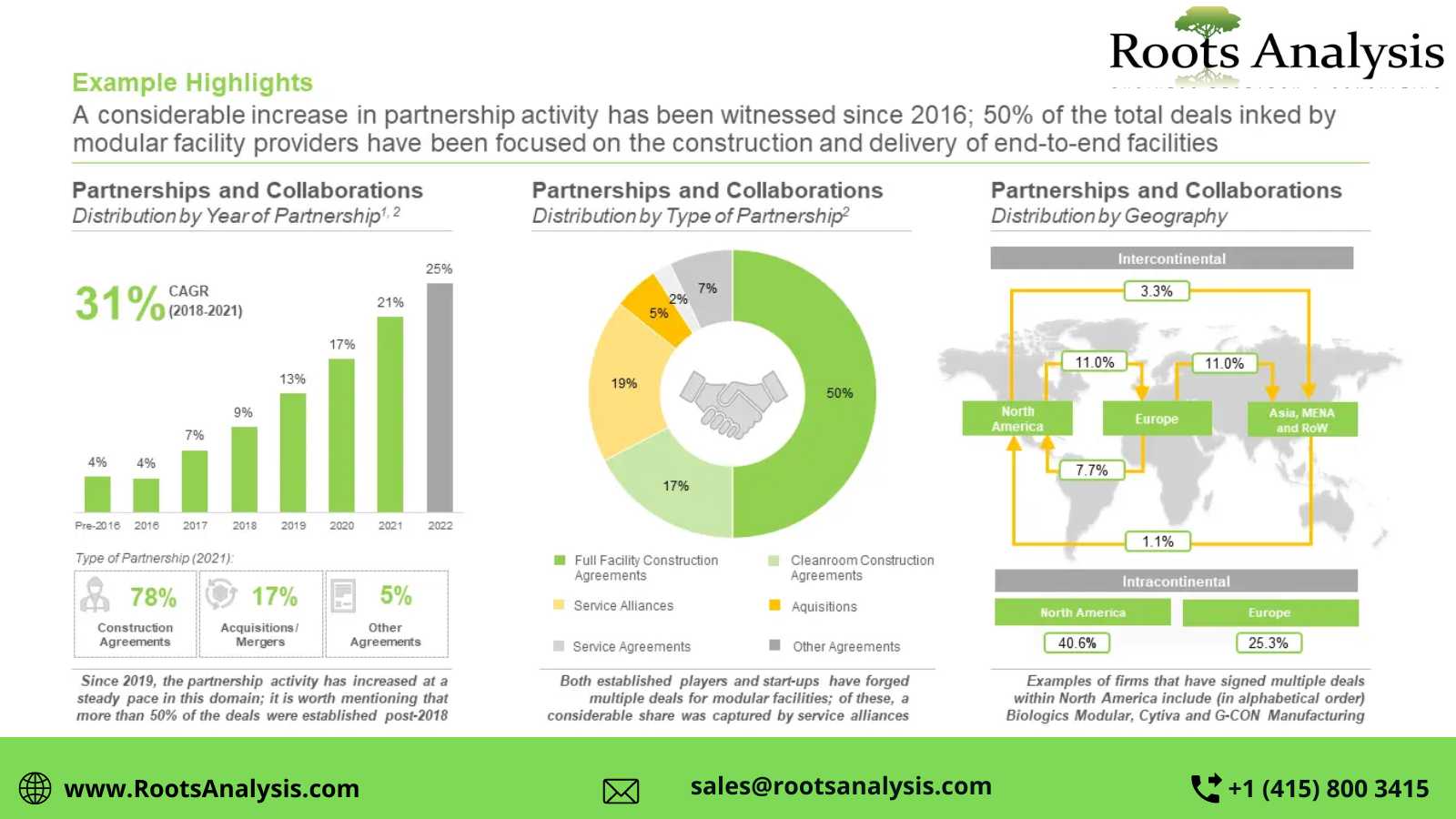Modular Construction – Retrofitting Conventional Buildings
Shifting construction away from traditional sites and into factories could dramatically change the way we build.
What is Modular Construction?
Modular Construction is a process in which different components known as Modules are constructed in a controlled factory setting and later assembled on the desired site as per the requirement of the user. In general, 60% to 90% of the work is completed offsite while the rest on the location where the facility is needed. The factory-made, standard modules are accustomed with walls, doors, ceilings, frames, and windows. Additionally, the modules can be integrated with more specific components, such as air handling units, fan filter units, air showers along with the lighting and plumbing facility intended for pharmaceutical use. It is worth mentioning, majority of the modular facilities built are GMP certified ensuring required quality standards have been met while construction.
Types of Modular Construction
Modular Construction can be broadly categorized into two categories, namely permanent and relocatable. Permanent modular builds mean the facilities are constructed to be used at the same location wherein it has been assembled. In other words, the building is similar to conventionally constructed infrastructure except the fact it has been built off-site. Whereas relocatable or temporary builds are designed in such a way that they can be transported to different locations applicable for rental as well as purchase purposes.
Need for Modular Facilities
Conventional construction has never shown to surpass 80% mark owing to factors including logistical delays, type of material used, method of construction adopted and shortage of manpower eventually hampering the productivity. Whereas prefabricated approaches have reported to increase productivity by more than 100%. Modular construction acts as a sustainable method empowering today’s construction sector.
The Modular Construction Process
In the first phase, a description of the building that is to be constructed is created through discussion between the customer and modular building manufacturer followed by review of the engineering department to evaluate whether the proposed design meets all the applicable building codes. Then, granting of building permit is required in most jurisdictions for constructing new structures, or performing major renovations. Post getting approvals, site wherein the structure needs to be delivered is prepared. Further, the plant is fabricated at a offsite location, transported and installed at the client’s location.
Modular Construction in Pharmaceutical Industry
The concept of modular construction has been used in other industries for a long time; however, over the past two to three decades, it has only gained significant attention within the pharmaceutical industry.
Moreover, there is immense pressure on drug manufacturers to market novel drugs as soon as possible, before patent expiry. Increased pressure to expedite time to market, coupled with the need to decrease operating costs and increase manufacturing efficiencies, have amplified the value of smaller production facilities, which are more efficient and flexible. The modular construction market developments have made modular facilities more attractive to drug manufacturers today, as these facilities can quickly switch between multiple drugs, enabling formulation and packaging in multiple formats, such as solid, liquid, semi-solid and parenteral dosage forms. With this new set of requirements, drug manufacturers have started showing evident interest in modular facilities and using modularity in design approaches.
For additional details, please visit https://www.rootsanalysis.com/....blog/modular-constru
You may also be interested in the following titles:
1. Smart Labels Market: Industry Trends and Global Forecasts, 2022-2035
2. AI-based Digital Pathology / AI Pathology Market: Industry Trends and Global Forecasts, 2022-2035
About Roots Analysis
Roots Analysis is a global leader in the pharma / biotech market research. Having worked with over 750 clients worldwide, including Fortune 500 companies, start-ups, academia, venture capitalists and strategic investors for more than a decade, we offer a highly analytical / data-driven perspective to a network of over 450,000 senior industry stakeholders looking for credible market insights.
Contact:
Ben Johnson
+1 (415) 800 3415
Ben.johnson@rootsanalysis.com













